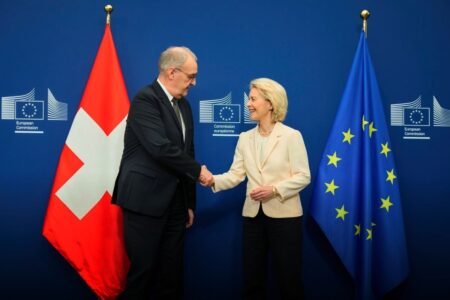— last modified 11 May 2017
Today’s job market is constantly increasing requirements on competencies across all sectors. This poses a major challenge for the 64 million women and men with low levels of education in Member States. They are more often unemployed or completely out of the labour market, compared to people with middle and high levels of education. Women with low qualifications find it especially hard to access jobs with decent pay. Only 42 % of low qualified women are employed and almost half of these work in a precarious job. These are some of the findings from a new study on gender, skills and precarious work from the European Institute for Gender Equality (EIGE) out today.
“European labour market forecasts show the biggest future demand is for high-skilled jobs in the male-dominated areas of science, technology, engineering and mathematics (STEM). These job opportunities are not available for people with low levels of education and women in particular, are missing out. That is why equal access to affordable and good quality training is so important to provide new skills needed for the jobs of the future,” said Virginija Langbakk, EIGE’s director.
Over 6 million women and 2 million men without upper secondary education across the EU have never been employed. 14 % of women and 5 % of men with low qualifications have been out of the labour market for 10 years or more. As a result of the financial crisis, long-term and youth unemployment, pose serious challenges for the EU in achieving the EU2020 employment targets
“Low qualifications put people at a higher risk of precarious employment, which means very low pay, few working hours and insufficient job security. Almost half of women with low qualifications (45%) work in a precarious job compared to just over a quarter of men with the same level of education (26%). EIGE found that women in general are more likely to work in these types of jobs than men, regardless of their level of education. More than a quarter of women employees in the EU have precarious work,” said Virginija Langbakk, EIGE’s director.
The recently communicated European Pillar of Social Rights aims to improve the working and living conditions of citizens. It stresses the need for equal access to quality and inclusive education, training and life-long learning. Upskilling can unlock untapped potential in the EU, especially when it comes to women’s participation in the workforce. Opportunities for upscaling skills must go together with fair working conditions that improve the quality of work for all.
The research note ‘Gender, skills and precarious work in the EU’ was prepared at the request of the Maltese Presidency of the Council of the EU (2017). The findings have informed Council Conclusions on enhancing the skills of women and men in the EU labour market.







